Projects
A showcase of the results of research and innovation projects funded through various EU programmes (H2020, Horizon Europe, PRIMA) and beyond.
You may find more information about some of these highlighted projects on the Euro-Mediterranean Innovation Marketplace 2024 website.
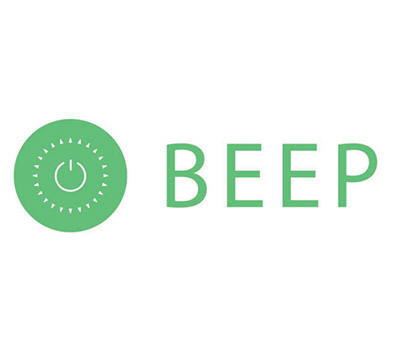
BEEP
BIM for Energy Efficiency in the Public sector
Buildings are responsible for 36% of global final energy consumption and nearly 40% of total direct and indirect CO2 emissions. In such a challenging situation, renovating and making Mediterranean buildings smarter is of utmost importance to reduce the carbon footprint of our homes. BEEP project aims at strengthening the use of Building Information Modeling (BIM) – a process supported by various tools and technologies involving the generation and management of digital representations of physical and functional characteristics of places – to enhance energy efficiency in buildings.
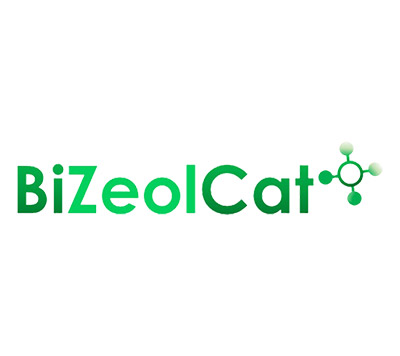
BIZEOLCAT
Bifunctional Zeolite based Catalysts and Innovative process for Sustainable Hydrocarbon Transformation
The growth in world energy demand from fossil fuels has played a key role in the fast increase in CO2 emissions. Since the Industrial Revolution, annual CO2 emissions from fuel combustion have dramatically increased from near zero to over 33 GtCO2 in 2015. Technical improvements in catalysis are crucial to reduce this environmental burden in alignment towards the climate actions targets agreed in COP21.

CLAIM
Cleaning Litter by developing and Applying Innovative Methods in European seas
CLAIM project, funded by the EU, focused on preventing and managing marine plastic pollution in the Mediterranean and Baltic Seas.
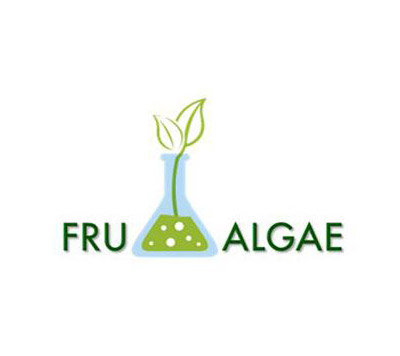
FRUALGAE
Sustainable technologies and methodologies to improve quality and extend product shelf life in the Mediterranean agro-food supply chain
FRUALGAE project focuses on enhancing sustainability in the agro-food value chain by reducing food losses and waste, improving water management, and building capacity across various levels. It aims to extend the shelf life of Mediterranean products like tomatoes and leafy vegetables through innovative technologies, including biodegradable packaging and ICT-based cold-chain control.
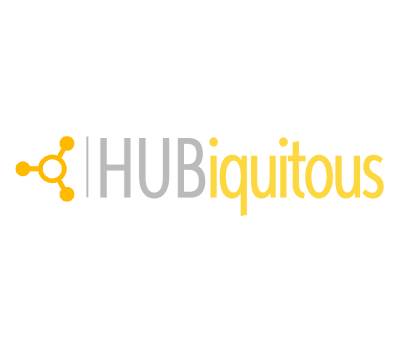
HUBiquitous
Paving the Foundation for Disruptive Technologies in Tomorrow’s Digital Innovation Hubs
The EU-funded HUBiquitous project will create a joint Africa-Europe Startup & Innovation Ecosystem for long-term collaborations and partnerships. Specifically, it will empower the startup and entrepreneurship ecosystems and increase the technology level and capacity building of 30 local DIHs/TechHubs in five African countries.
Website: www.hubiquitous.eu/
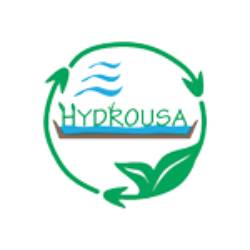
HYDROUSA
Demonstration of water loops with innovative regenerative business models for the Mediterranean region
HYDROUSA will provide innovative, regenerative and circular solutions for (1) nature-based water management of Mediterranean coastal areas, closing water loops; (2) nutrient management, boosting the agricultural and energy profile; and (3) local economies, based on circular value chains. The services provided lead to a win-win-win situation for the economy, environment and community within the water-energy-food-employment nexus.
Website: www.hydrousa.org/

INTEL-IRRIS
Intelligent Irrigation System for Low-cost Autonomous Water Control in Small-scale Agriculture
INTEL-IRRIS is a PRIMA project that improves irrigation efficiency for smallholder farmers using a cost-effective, autonomous sensor-based system. By integrating IoT, AI, and local agricultural knowledge, it offers a user-friendly, open-source solution for better water management. The system operates independently of remote servers, focusing on ease of use and adaptability.
Website: intel-irris.eu
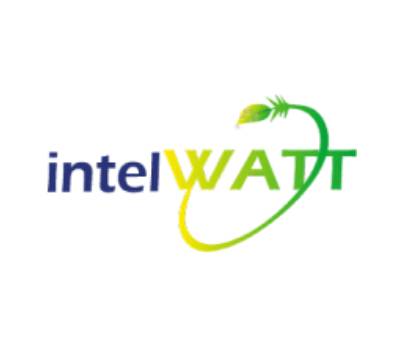
intelWATT
intelligent Water Treatment Technologies for water preservation combined with simultaneous energy production and material recovery in energy intensive industries
intelWATT project develops innovative, cost-efficient, smart separation technologies applied in energy- and water-intensive industries. Three case studies in electricity production, mining and electroplating facilities will demonstrate water preservation along with energy production and material recovery. The proposed solutions will also target zero liquid discharge while implementing maximum water reuse.
Website: www.intelwatt.eu/
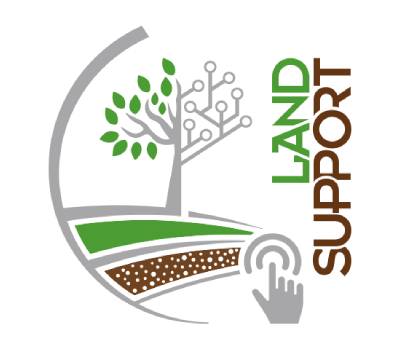
LANDSUPPORT
Development of Integrated Web-Based Land Decision Support System Aiming Towards the Implementation of Policies for Agriculture and Environment
The objective of LANDSUPPORT is the construction of a web-based smart geoSpatial Decision Support System (S-DSS), which shall provide a powerful set of tools devoted to (i) support sustainable agriculture/forestry, (ii) evaluate trade-off between land uses (including spatial planning) and (iii) contribute to implementation, impact and delivery of about 20 European land policies and also selected 2030 UN Sustainable Development Goals including climate change resilience goals and the key SDG 15.3 “achieving a land degradation-neutral world”.
Website: www.landsupport.eu/
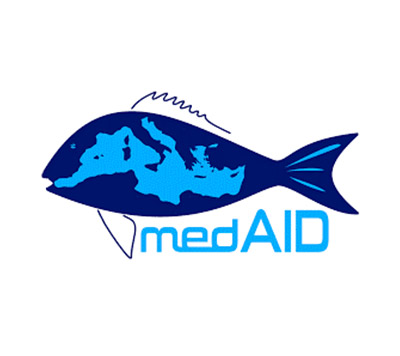
MedAID
MedAID project aims to assess technical, environmental, market, socio-economic and governance weaknesses in the industry. By exploring innovative solutions and providing comprehensive toolboxes, the project strives to enhance the sector’s competitiveness and sustainability holistically. Through collaboration between Mediterranean countries and northern European R&D institutions, MedAID promises to revolutionise the sector with innovative tools, integrated plans and improved governance, leading Mediterranean marine fish aquaculture into a transformative future.
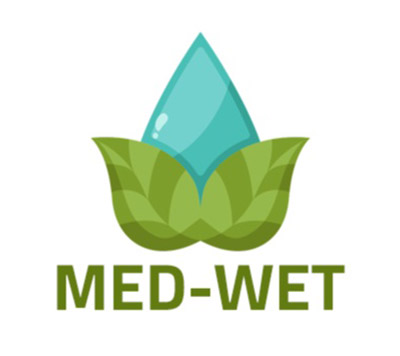
MED-WET
Improving MEDiterranean irrigation and Water supply for smallholder farmers by providing Efficient, low-cost and nature-based Technologies and practices
The Mediterranean region is experiencing severe water scarcity due to factors like high tourist activity, population growth, changing diets, and climate change. The MED-WET project addresses this issue by developing efficient, low-cost, and nature-based irrigation technologies. It focuses on three solutions: SLECI, a self-regulating subsurface irrigation system; a solar desalination greenhouse to convert saline water into freshwater for irrigation; and constructed wetlands for wastewater reuse.
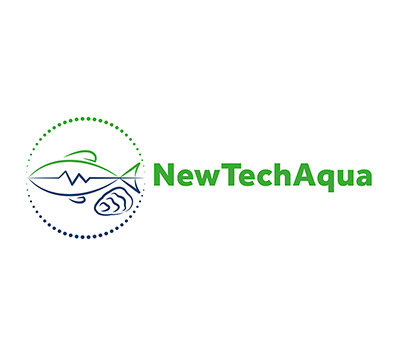
NewTechAqua
Tools and Strategies for a Sustainable, Resilient and Innovative European Aquaculture
NewTechAqua is a European Union-funded project focused on advancing the aquaculture industry. It aims to develop innovative and sustainable technologies to improve fish production, health, and environmental management. The project integrates new approaches to feed, breeding, disease control, and environmental monitoring, aiming to boost the efficiency and sustainability of aquaculture practices across Europe.
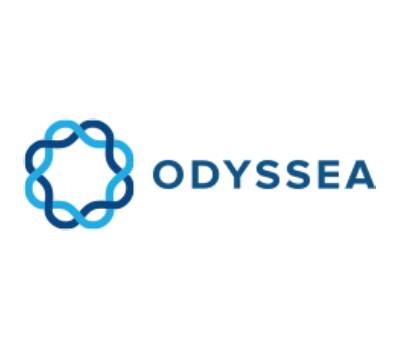
ODYSSEA
Operating a network of integrated observatory systems in the Mediterranean Sea
The EU-funded ODYSSEA project has developed a platform that seamlessly integrates observing and forecasting systems, bridging the gap between diverse databases and stakeholders. By integrating networks of observing and forecasting systems across the region, ODYSSEA’s platform ensures that data are discoverable, accessible, digestible and interoperable, aiding users operating in both the open sea and the coastal zone. Drawing from multiple databases maintained by Mediterranean countries, ODYSSEA will leverage from Earth Observation facilities and networks.
Website: odysseaplatform.eu/
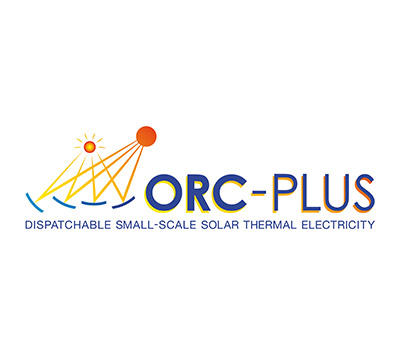
Organic Rankine Cycle
Organic Rankine Cycle – Prototype Link to Unit Storage (ORC-PLUS)
The ORC-PLUS project a new model of a small size CSP plant coupled to an ORC turbine with a rated output of 1 MWel, and an innovative thermal Energy storage able to extend the power production of the CSP plant for four hours at rated output.
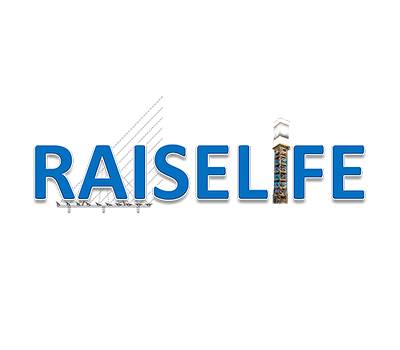
RAISELIFE
Raising the Lifetime of Functional Materials for Concentrated Solar Power Technology
RAISELIFE focuses on extending the in-service lifetime of five key materials for concentrated solar power technologies: 1) protective and anti-soiling coatings of primary reflectors, 2) high-reflective surfaces for heliostats, 3) high-temperature secondary reflectors, 4) receiver coatings for solar towers and line-focus collectors, 5) corrosion resistant high-temperature metals and coatings for steam and molten salts.
Website: www.raiselife.eu/
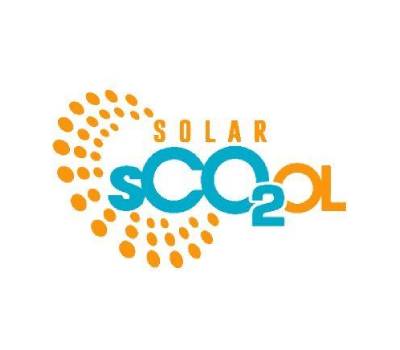
SOLARSCO2OL
SOLAR based sCO2 Operating Low-cost plants
The EU-funded SOLARSCO2OL project will present sCO2 cycles as a key enabling technology to facilitate a larger deployment of CSP in the EU. Led by an industry-oriented consortium, the project aims to be fully marketable by 2030.
Website: www.solarsco2ol.eu/
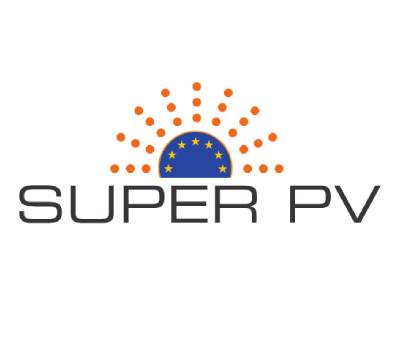
SUPER PV
SUPERPV is a collaborative European-funded project initiated in 2018 by 26 partners in reaction to this trend. Together, they target a significant LCOE reduction (26%-37%) for European-made PV by adopting a hybrid approach combining technological innovations and data management methods. Introducing superior quality PV systems will create conditions for accelerating large scale deployment in Europe and help EU PV business to regain leadership on world market.
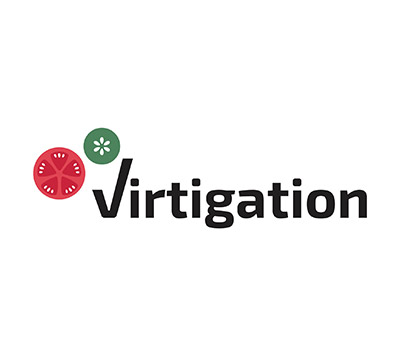
VIRTIGATION
Emerging viral diseases in tomatoes and cucurbits – Implementation of mitigation strategies for durable disease management
The EU-funded VIRTIGATION project aims to combat viral diseases affecting tomato and cucurbit crops, which cause significant global harvest losses. Running from June 2021 to May 2025, it focuses on developing solutions for begomoviruses and tobamoviruses impacting these crops, with a multi-actor approach for better management and control. The project collaborates with partners in Northern Europe, the Mediterranean Basin, and countries like Morocco, Israel, and India.